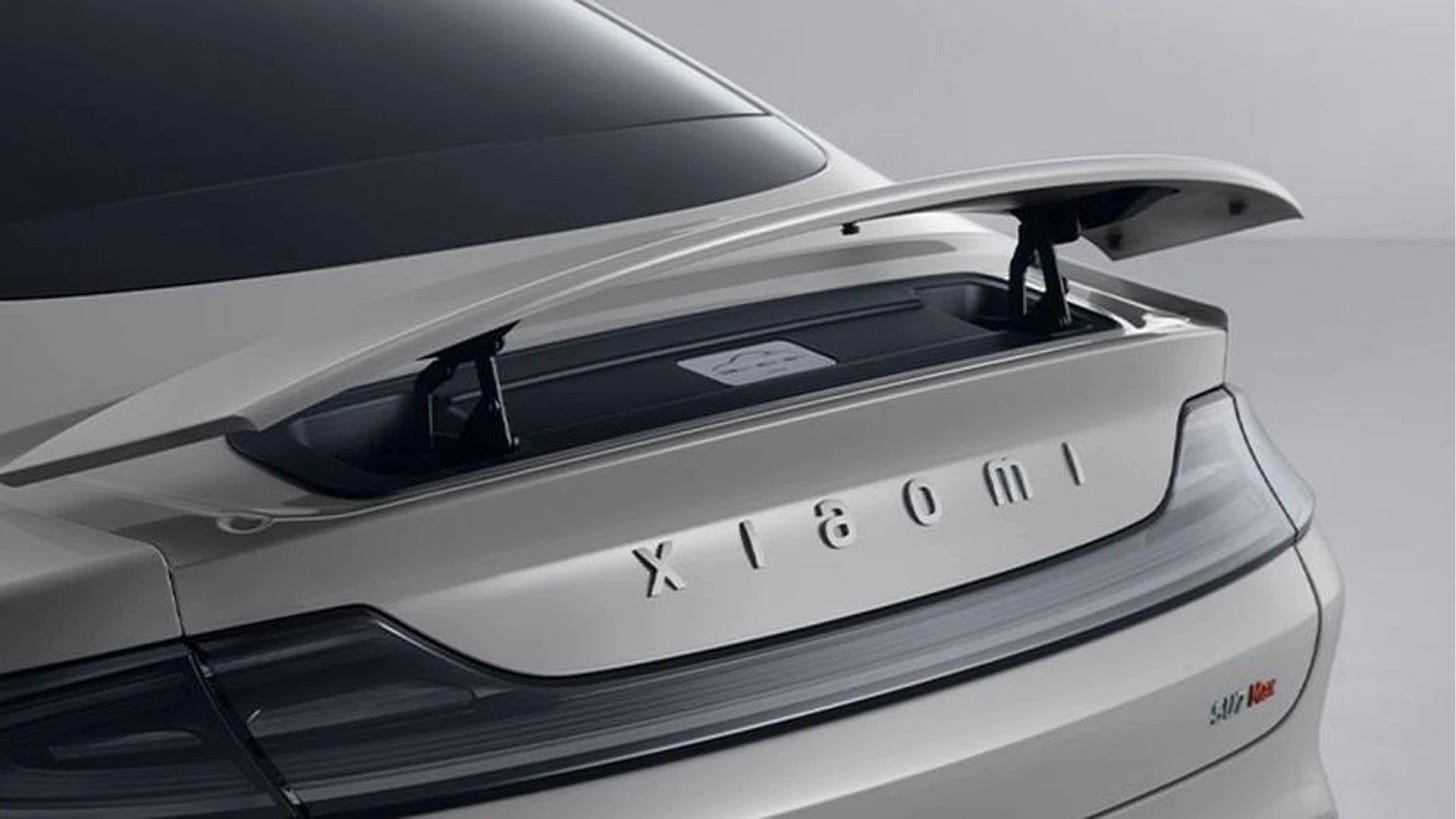Xiaomi for Islamic Growth Investing
This halal Chinese stock combines some of the hottest tech trends, its glossy offerings rivalling those of American peers.
Artificial intelligence seems to be back in favour with the markets. And not just in the US where it is led by hyperscalers, an elite group of the largest tech firms. The newest addition and the one leading this latest surge of interest in AI is Oracle (which happens to be a Zionist corporation nicely matching the incumbents’ fervour for the genocidal state of Israel).
Where reinvigorated AI sentiment made an even greater impact is Hong Kong whose Hang Seng Tech Index was recently propelled to its highest level in four years. Putting the spotlight on AI are tech leaders Alibaba, Tencent and Baidu, but also more unlikely challengers like Xiaomi.
To be sure, Xiaomi is an established smartphone manufacturer, currently number two in the world. It is making headlines, though, for its latest venture: electric vehicles. Muslim investors should take note of this high-flying halal stock.
Xiaomi Corporation (HKEX:1810) (OTC:XIACF)
Xiaomi’s first model, SU7 sedan, released just a year ago, caused a stir in the intensely crowded Chinese EV space. Part of the reason may be bold design inside and out, but more than that. Brand trust, ecosystem integration and competitive pricing have helped the newcomer stand out.
Not only has Xiaomi carved out a place for itself among local EV makers, like BYD, Nio, Xpeng and Li Auto, it is also competing head on with Tesla: its SU7 outselling Model 3 in the Chinese market and newly released YU7 crossover, with over 200,000 preorders, fast approaching Model Y levels.
I wrote about BYD versus Tesla exactly a year ago. Since then, the former definitively overtook the latter as the top EV player globally:
Growth: multifaceted
Xiaomi, of course, is pushing hard in its main electronics business as well. Forecasts for 2025 include smartphone shipments growing at 4-7% and their selling prices rising by 3-5%. The Internet-of-Things segment is expected to add over 30% in revenue and 2 percentage points in margin. On the retail side, the company is spreading out, targeting 20,000 Mi Home stores in China by the end of the year and 30,000 in the longer term.
The EV business has been so far loss-making but that is about to change and pretty soon. Xiaomi forecasts the new segment, which has delivered an estimated 300,000 cars to date, to be profitable by second half of the year. The same model of expansion will be applied to overseas markets as well — first and foremost, Southeast Asia, Africa, Latin America and then Europe.
Importantly, much of Xiaomi’s strategy — especially the broad Human x Car x Home ecosystem strategy — is underpinned by AI. R&D spending is being doubled over the next five years, and at least a quarter of it will go to AI development, specifically large language models and intelligent driving systems.
Risks: inconsequential
Tariffs imposed by the US and trade restrictions of different sorts in the EU are some of the impediments to overseas expansion, especially as far as Europe is concerned. But I do not think these external headwinds are going to hold Xiaomi or any of the other tech giants in China back in a significant way. I covered the reasons here:
Xiaomi the carmaker is still figuring out things production wise. However, despite long waiting times, customer interest has not waned. In the meantime, more models (including an extended range electric vehicle slated for next year) are in the works, though price wars between Chinese EV firms is a running concern.
Takeaway
Xiaomi has been able to craft a truly unique product experience by bringing vehicles into its existing smartphone and smart home device ecosystem. On top of that, the company is trying to up the game through ‘premiumisation’ of its lineup — yet another reason to believe it will continue taking share in China (and beyond in future) from top brands like Apple and Tesla.
It helps that China is becoming ever more self-reliant from a technological standpoint. Given the western bloc’s unrelenting Sinophobic protectionism, the government is fostering conditions for a closed loop system in AI software and semiconductor manufacturing, going as far as barring the testing of foreign chips (like Nvidia’s latest RTX Pro 6000D designed specially for the Chinese market).
Valuation wise, Xiaomi surely looks expensive. Its price-to-earnings ratio of 36x is twice that of the peer average. It is not surprising since the stock ran up 185% in the last 12 months and almost 500% in the last five years. The movement, however, is volatile, so there may be opportunities in the future to buy lower. Plus, growth prospects are solid — for both profit and cash flows — so the valuation should continue to climb.
In sum, it is worth keeping tabs on Xiaomi. For Muslim and all ethical investors at large, companies like Xiaomi — leading-edge Asian businesses from emerging economies — are a much safer bet on secular growth in technology than most US neoimperialist corporations.
Disclaimer: Nothing you read on Tayyib Finance constitutes financial advice. There is no guarantee of Shariah compliance of any particular stock at any particular time, since ‘Shariah compliance’ is fluid depending on the provider of judicial opinion and must be regularly affirmed. Similarly, there is no assurance that the same stock is simultaneously ‘tayyib’ (or Islamically ethical). Do your own research.



